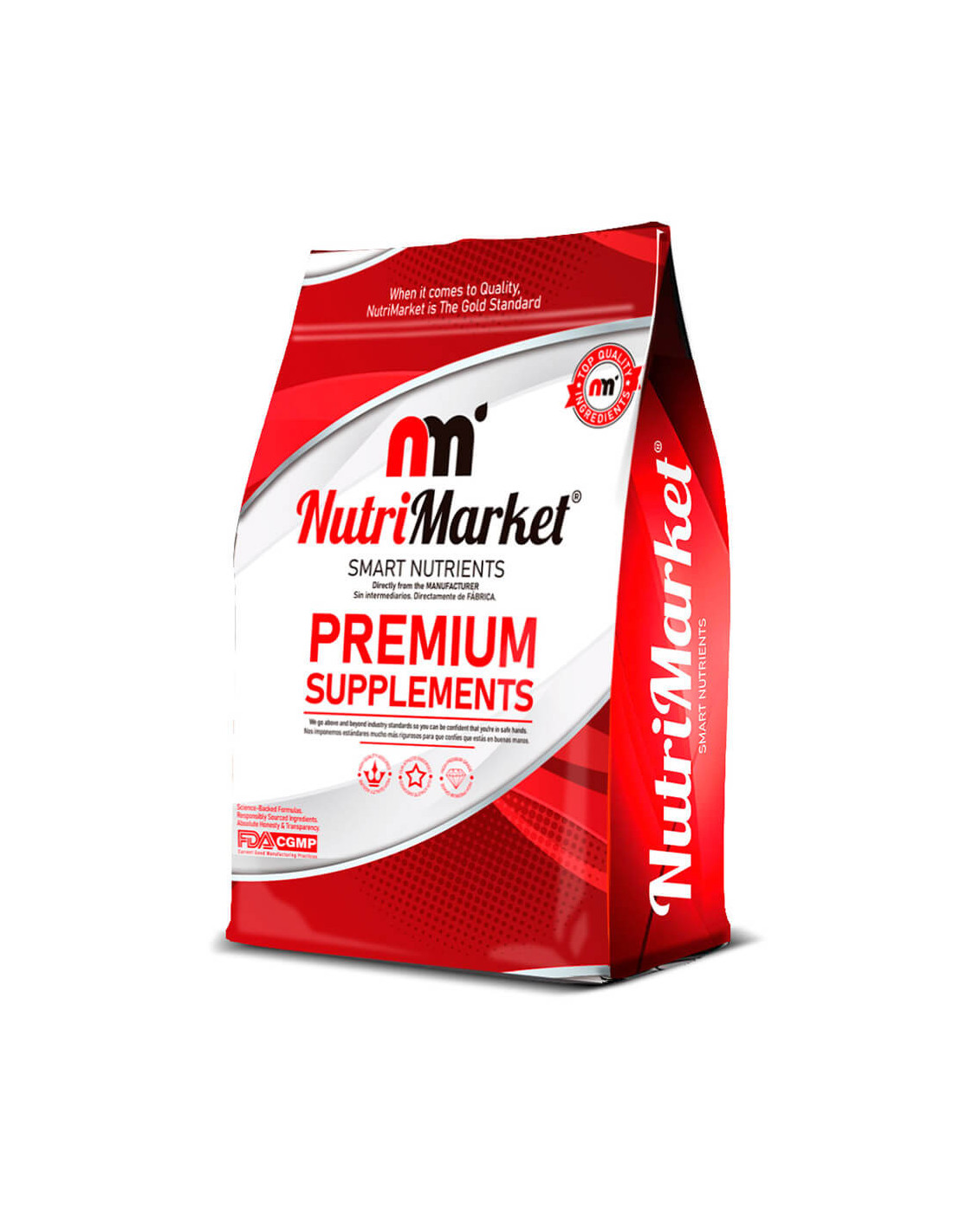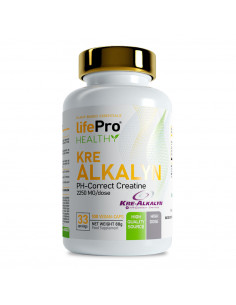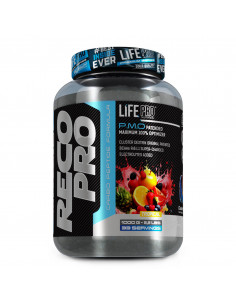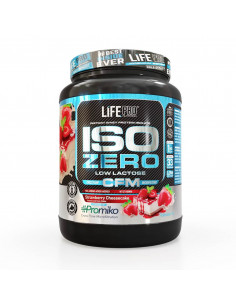What is maltodextrin?
Maltodextrin is recommended to replenish glycogen levels after training and also to maintain glycaemia and energy during long-duration exercise (running, cycling), preventing fatigue, especially endurance sports.
The glycaemic index is the ability of foods to raise blood glucose.
Maltodextrin has a higher molecular weight than other carbohydrates: they are absorbed at a relatively high rate. They are available earlier, releasing glucose into the bloodstream to serve as a source of energy.
What are the benefits of maltodextrin?
- It helps to replenish muscle glycogen stores, both before and after training, depending on when it is consumed.
- It is an easily digestible carbohydrate. It has a high molecular weight which facilitates rapid intestinal transit. Low osmolarity, does not cause stomach upset in athletes and/or sportsmen and women.
- Rapid recovery after exercise, thanks to the replenishment of spent carbohydrates.
- Helps to maintain the level during prolonged efforts over time.
- Boosts and maximises performance in high-intensity activities.
- Suitable for coeliacs: The starch variant is gluten-free.
- Its taste is not as sweet as that of dextrose, but rather neutral.
How to take maltodextrin?
You can use maltodextrin in smoothies, combine it with a protein source, include it in your recipes, e.g. biscuits, pancakes, oatmeal, etc.
Maltodextrin is also commonly found in drinks and soft drinks for athletes.
When to take maltodextrin?
During training:
It is advisable to take maltodextrin during intense physical exertion lasting more than one hour (cyclists, runners, etc.). Taking maltodextrin during training postpones fatigue and improves performance.
After training: maltodextrin helps muscle and hepatic glycogen stores to recover. Maltodextrin can be found in post-workout supplements because it has a high glycaemic index and is rapidly absorbed, helping to replenish glycogen expended during exercise.
In addition, carbohydrates such as maltodextrin, which have a high glycaemic index, promote protein synthesis through the action of insulin.
How much maltodextrin should I take?
Long duration and intensity training: if it exceeds 60 minutes in duration. The carbohydrate source should provide between 30 and 60 grams of glucose per hour
To enhance the replenishment of glycogen stores, it is recommended that 8-10g/kg/day of carbohydrate is consumed along with 0.2-0.5g/kg of protein within 30 minutes of exercise.
ALLERGEN INFORMATION:Manufactured in a facility that processes milk, soy, egg, fish and gluten proteins.
WARNINGS: Product for use in adults. This product is not intended to diagnose, treat or prevent any disease. Keep out of reach of young children. Not suitable for pregnant women.
























